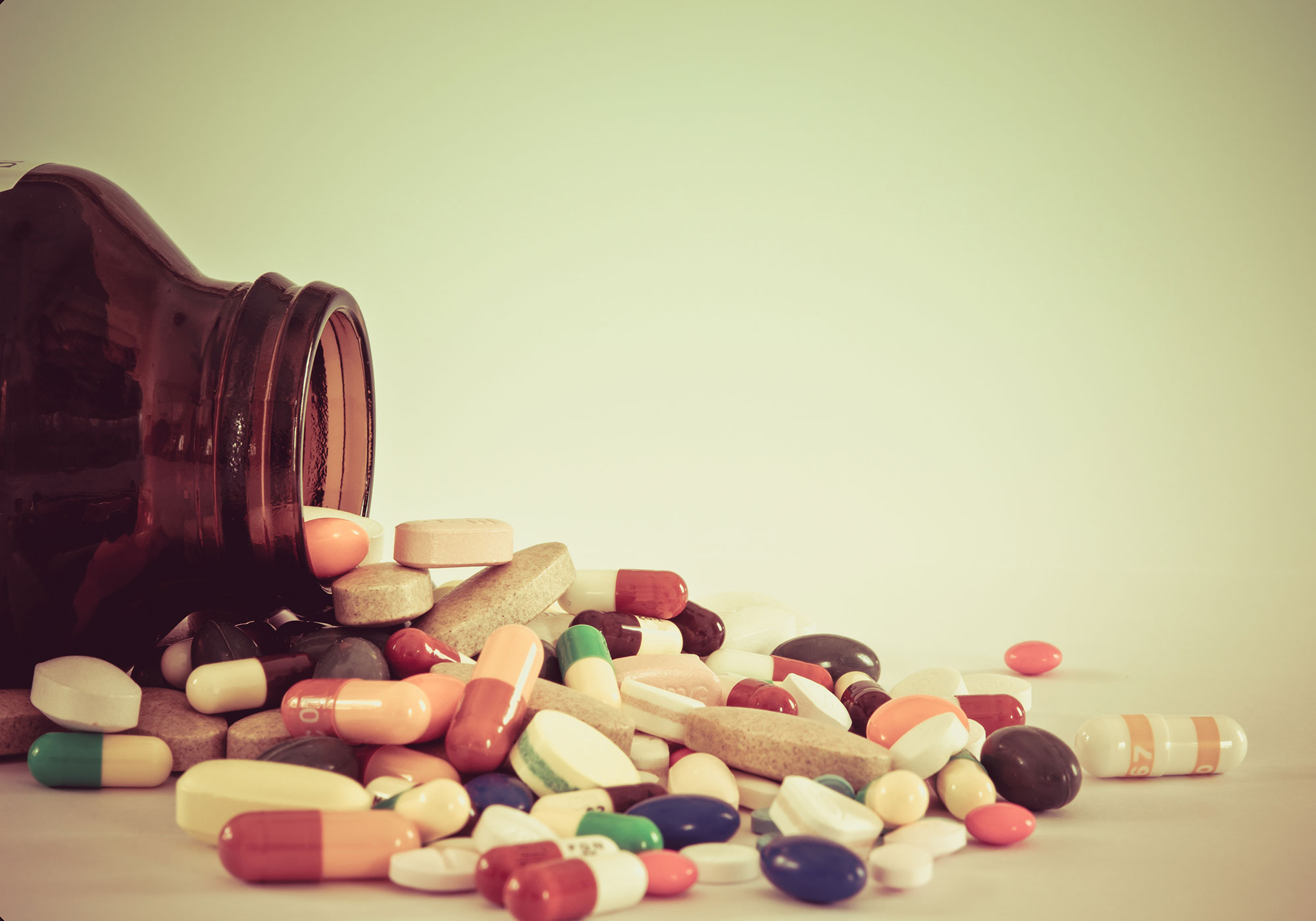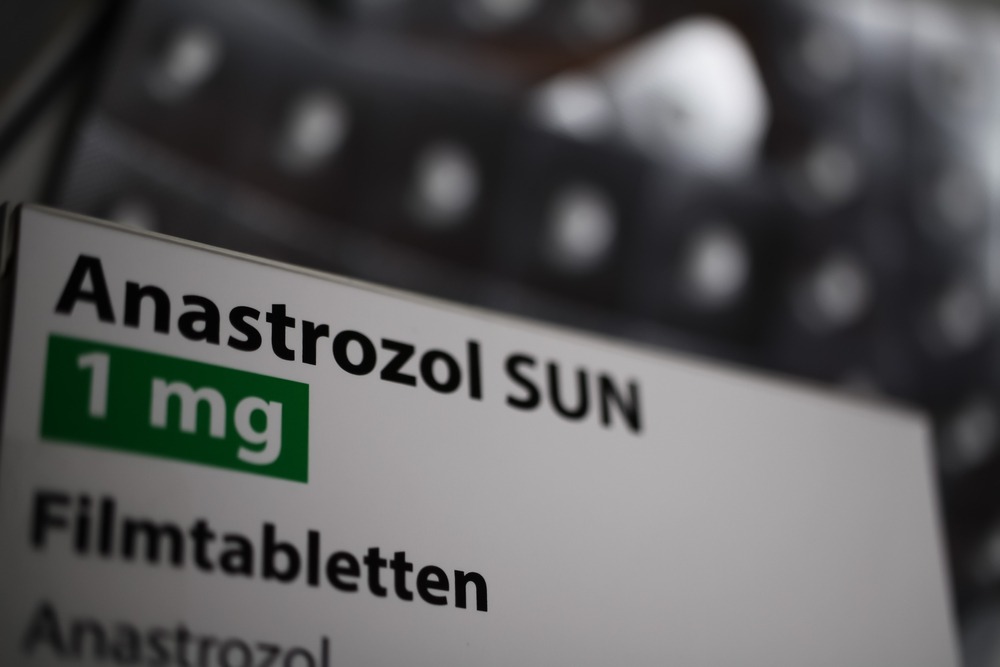 Dietary supplements are regulated in a post-market fashion, which means that no regulatory body approves the accuracy of the label or safety of the contents before they are sold to consumers. This system means that supplement manufacturers can intentionally or accidentally include dangerous and illegal ingredients in products without that becoming evident until consumers are impacted and report concerns.
Dietary supplements are regulated in a post-market fashion, which means that no regulatory body approves the accuracy of the label or safety of the contents before they are sold to consumers. This system means that supplement manufacturers can intentionally or accidentally include dangerous and illegal ingredients in products without that becoming evident until consumers are impacted and report concerns.
In some cases, manufacturers will also make false claims about the ingredients and/or effects of supplements. This false advertising involves many different claims and ingredients, including aromatase inhibitors.
Here’s what athletes and athlete support personnel need to know about aromatase inhibitors and their status on the World Anti-Doping Agency (WADA) Prohibited List.
 What are aromatase inhibitors?
What are aromatase inhibitors?
Aromatase (ur·ow·muh·tays) is an enzyme that converts androgens like testosterone into estrogens. Aromatase inhibitors effectively prevent the conversion of androgens to estrogens. Medically, these substances are useful to help maintain very low estrogen levels in women who have estrogen-sensitive cancers. These inhibitors work best when a woman’s estrogen level is already low, such as post-menopausal. Anastrozole, exemestane, and letrozole are three aromatase inhibitors approved for clinical use in the United States.
Are aromatase inhibitors prohibited under the WADA Prohibited List?
Yes, aromatase inhibitors are prohibited at all times as Hormone and Metabolic Modulators under the WADA Prohibited List. Since aromatase inhibitors prevent the conversion of androgens to estrogens, they artificially keep the level of androgens in the body very high, and androgens have many performance enhancing effects. Aromatase inhibitors are also sometimes used to minimize unwanted side effects from anabolic steroid use, such as breast growth in males.
Are there side effects from using aromatase inhibitors?
Yes. Common side effects include bone loss/osteoporosis, aromatase inhibitor-associated arthralgia syndrome (characterized by extreme joint pain), and autoimmune rheumatic diseases.
Can you get a TUE for aromatase inhibitors?
Yes, it is possible to apply for a Therapeutic Use Exemption (TUE) for therapeutic use of certain aromatase inhibitors to treat certain types of female infertility related to polycystic ovary syndrome and certain estrogen-sensitive cancers.
Are dietary supplements that advertise to contain aromatase inhibitors safe for athletes to use?
No. Dietary supplements that claim to contain aromatase inhibitors are risky and athletes should avoid such products. Arimistane, or androsta-3,5-diene-7,17-dione, is a designer steroid that is frequently found on the labels of dietary supplements. While such products advertise this ingredient to be an aromatase inhibitor, it is not structurally related to the FDA-approved aromatase inhibitors used medically in the U.S. The FDA has clarified in numerous warning letters that arimistane does not meet the definition of a dietary ingredient, and therefore cannot be legally used in dietary supplements.
More questions?
For questions about specific products, substances, and methods, contact USADA’s Drug Reference Line at drugreference@USADA.org or call (719) 785-2000, option 2.
Read more Spirit of Sport blog posts



